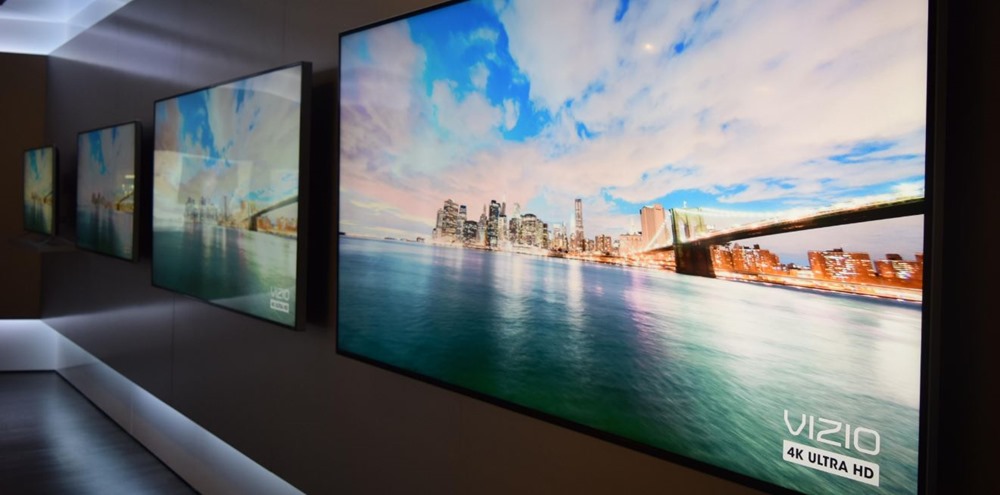Vizio Stole Sensitive TV Viewing Data From Users; Slapped With $2.2 Million Penalty

TV viewing activity is pretty personal for most of the viewers. You snug into a comfortable cushion, pick a cup of coffee, and watch your favorite TV show in your own cozy home.
What if your television also watches you, while you are watching TV? What if your TV starts collecting sensitive information like what you watch when you watch, and what is your average household income and your sexual preferences?
For advertisers, this is a pot of Gold, but for you, this is a nightmare.
Vizio, an American electronics company which claimed $3.1 billion revenue in 2014, and is about to be acquired by LeEco has actually broken the Omerta here by collecting sensitive user data without informing or intimating the users. Worst, this data was converted into dollars by selling the same to the advertisers.
US Govt. consumer rights watchdog Federal Trade Commission (FTC) has slapped a fine of $2.2 million on Vizio, and have laid down clear cut guidelines for other electronics manufacturers on what not to be done with consumer rights.
Vizio’s Dirty Habit Turns Nightmare For Users
Between 2010 and 2016, Vizio sold around 11 million television sets, which were smart TVs, equipped with the power to connect the Internet, converting into game consoles and movie theater with a click.
Hidden within these smart TVs was a functionality called ‘Smart Interactivity’, which discreetly collected sensitive data from the TV sets, without informing the users.
This covert operation started in 2014, and older versions of their TVs were automatically updated with the new software to collect the confidential data.
What happened after that turned out to be one of the biggest scam pertaining to consumer rights and violation of consumer privacy as we know it.
Vizio Collected Billions of Data Points & Monetized It
Their sleek, yet unethical software tracked each and every pixel ever shown on the TV screen and matched the data with their own database of TV shows, movies, and commercial content.
Over a period of time, Vizio collected more than 100 billion data points from their millions of TV sets and sold the same to the advertisers for minting money.
Besides, Vizio also went a bit personal and collected the associated IP addresses of their users, which was then used to determine even more sensitive information such as household income, sex, age, marital status, education, annual income and more.
In their judgment, FTC has asked Vizion to pay $2.2 million fine for breaching privacy laws, and unlawful collection of consumer data. Besides, they have been asked to remove all data which were collected before taking consumers’ consent and promptly disclose to their users that their TV viewing habits are being recorded.
In a blog post, FTC has also laid down guidelines for other smart TV manufacturers when it comes to data collection.
Do you think that India also needs some solid rules for stopping companies from illegally collecting users’ data? Or privacy is just another myth in this digital age? Do let us know by commenting right here!
